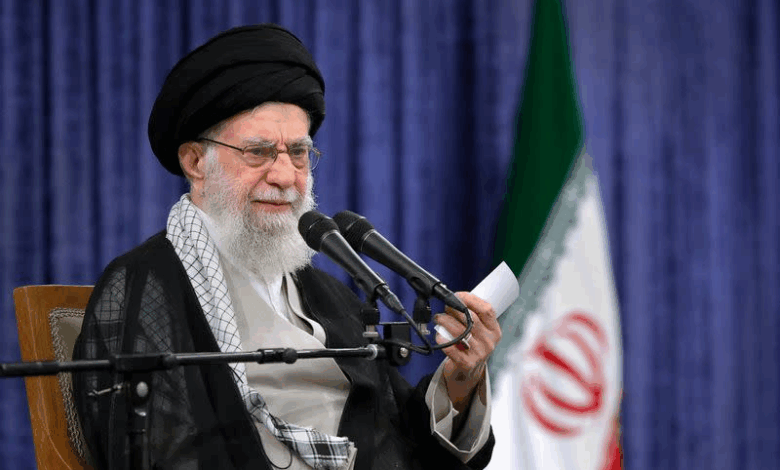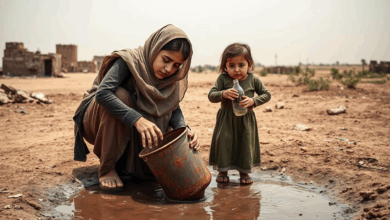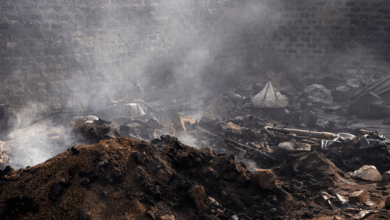Iran leader Khamenei sees his inner circle hollowed out by Israel
News Mania Desk / Piyal Chatterjee / 17th June 2025

Iran’s Supreme Leader Ayatollah Ali Khamenei, aged 86, appears increasingly isolated.
Khamenei has lost key military and security advisors to Israeli airstrikes, creating significant gaps in his inner circle and increasing the chances of strategic blunders, according to five individuals knowledgeable about his decision-making process. One source, who frequently participates in meetings with Khamenei, characterized the potential for misjudgment regarding Iran’s defense and internal stability as “highly perilous.”
Since Friday, multiple high-ranking military leaders have been killed, including Khamenei’s key advisers from the Revolutionary Guards, Iran’s top military force: the Guards’ overall commander Hossein Salami, aerospace chief Amir Ali Hajizadeh who led Iran’s ballistic missile initiative, and intelligence chief Mohammad Kazemi.
According to sources, including three individuals who participate or have participated in meetings with the leader regarding significant matters and two close to officials who frequently attend, these men were members of the supreme leader’s inner circle, which consists of about 15-20 advisers including Guards commanders, clerics, and politicians.
The informal assembly convenes as needed, whenever Khamenei’s office contacts pertinent advisers to assemble at his residence in Tehran to deliberate on a significant decision, everyone reported. Members are defined by their steadfast loyalty to him and the principles of the Islamic Republic, they noted.
Khamenei, who was detained prior to the 1979 revolution and injured in a bombing before assuming leadership in 1989, is firmly dedicated to preserving Iran’s Islamic governance and holds a strong distrust of the West. In Iran’s governmental structure, he holds ultimate authority over the armed forces, possesses the ability to declare war, and has the authority to appoint or remove high-ranking officials, including military leaders and judges.
“Two things you can say about Khamenei: he is extremely stubborn but also extremely cautious. He is very cautious. That is why he has been in power for as long as he has,” said Alex Vatanka, director of the Iran Program at the Middle East Institute think-tank in Washington.
“Khamenei is pretty well placed to do the basic cost-benefit analysis which really fundamentally gets to one issue more important than anything else: regime survival.”
Khamenei’s regime faces significant challenges as survival is repeatedly tested through protests quelled by the Revolutionary Guards and the Basij militia in 1999, 2009, and 2022. Persistent Western sanctions have resulted in widespread economic hardship, potentially inciting internal dissent. Amid an escalating conflict with Israel, which has targeted Iranian nuclear and military assets, Khamenei’s internal support system is critical; he relies on influential advisors across political, economic, and security sectors.
His son, Mojtaba, is gaining prominence in coordinating responses within Iran’s complex political landscape and has forged strong ties with the Revolutionary Guards. Key figures in Khamenei’s circle, like Ali Asghar Hejazi, play vital roles in security decisions. Significant losses among military leaders pose risks to Khamenei’s authority, especially as the loss of allies, including Hezbollah’s Nasrallah, further deepens his isolation at a precarious time for the Islamic Republic.






